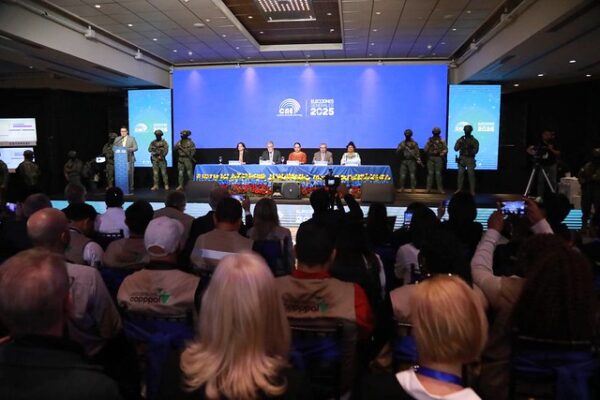
Maduro Appoints New Board for Central Bank of Venezuela Amid Institutional Silence
On April 11, Nicolás Maduro restructured the board of directors for the Central Bank of Venezuela (BCV) following the resignation of two of its members. The institution is now chaired by Laura Carolina Guerra, while the Minister of Finance and Economy, Anabel Pereira, is the new representative of the national executive on the board.









